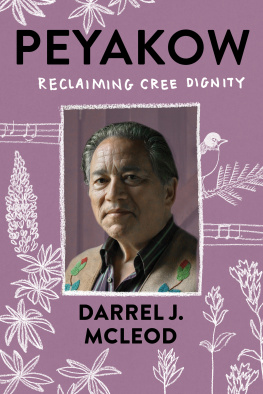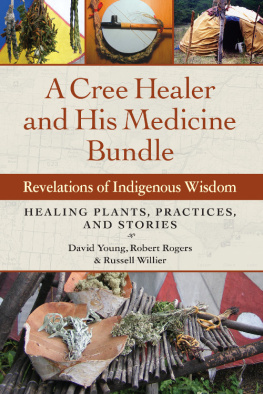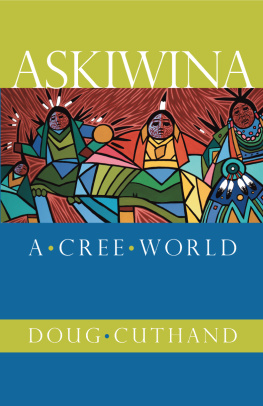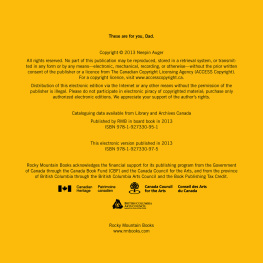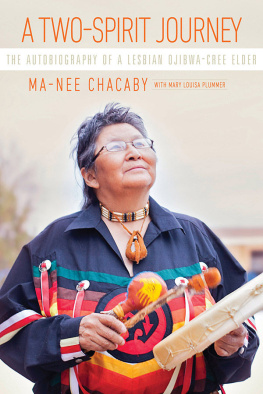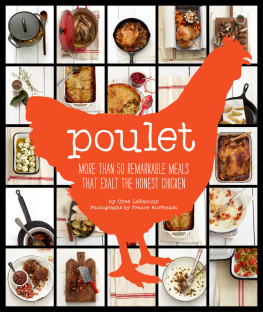List of Cree words and phrases with pronunciation
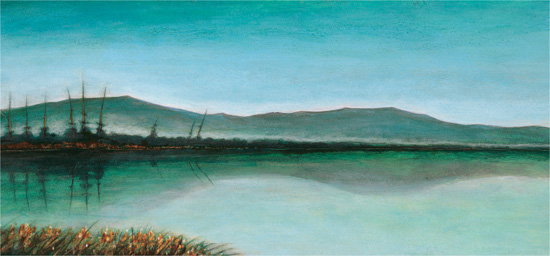
akwwn (ugwaawaan): drying rack
astam pwtapiminn ta (aastum peeweetapiminaan) : come and sit here with us
-k mistahityimisot ekwa -kihtimikant (ee-gee mistahiteeyimisot egwa eegeekihtimiganeet) : he was proud and lazy
-k-wanisihk (eegeewanisihk): he had lost his way
-niht mct ekwa -nihtwasahkt (eenihtaa macheet egwa eenihtaawusuhkeet) : a skillful and generous hunter
kakwcim ta wcihisk (kukweechim ta weechihisk): ask for his help
kaskihtw tapkiskwt opkiskwwiniyiwa (kuskihtaaw tapeekiskweet opeekiskweewinee-yiwa) : he was able speak in their languages
kays (kayaas): long time ago
kihtyayak (kihteeyayak): elders
kinoswak (kinoseewak): fish
kitasknaw (kituskeenaw): our land
mkowhp (meegowaahp): lodge
mwkwa (mwaagwa): loon
onwoktwak (oneewokaateewak): four-legged kind
namakkway astw waskwayoykanihk ekwa akwwnihk (na mugeekway usteew wuskwayoyaagunihk egwa ugwaanihk): birchbark baskets and drying racks are empty
nikwmiy (nigweemee): your same-spirit
ninohthkatnn (ninohteehkataa-naan): we are hungry
nsisim (noosisim): grandson
omkowhpihk (omeegowaahpihk): his lodge
onipwcihwak (onipeewaachihoo-wak): Water Beings
oykan (oyaagun): plate, basket
pyissak (paayiseesak): birds
pskykan (pooskeyaagun): bowl
tnsi (taansi): hello
waskway (wusk wu y): birchbark

Dale Auger, PhD, (19582008) was a Sakaw Cree artist and storyteller from the Bigstone Cree Nation in northern Alberta. He was born in High Prairie, Alberta, near that provinces second-largest body of water, Lesser Slave Lake. As a young boy he went to school in Faust, near the Driftpile Reserve, where his knack for painting brought him recognition as the school artist. He attended the Alberta College of Art in 1988, and studied at the University of Calgary for 10 years, obtaining a masters degree in education in 1996 and a PhD in education in 1999. His book Mwkwa Talks to the Loon was named Aboriginal Childrens Book of the Year at the 2006 Anskohk Aboriginal Literature Festival and Book Awards and also received the 2007 R. Ross Annett Award for Childrens Literature. He lived in Bragg Creek, Alberta, until his untimely death in September 2008. He was posthumously honoured as the 2009 inductee into the Western Art Shows Hall of Fame at the Calgary Stampede.
Copyright 2006 Dale Auger
All rights reserved. No part of this publication may be reproduced, stored in a retrieval system or transmitted in any form or by any meanselectronic, mechanical, audio recording or otherwisewithout the written permission of the publisher or a photocopying licence from Access Copyright, Toronto, Canada.
Originally published by Heritage House Publishing in 2006 in hardcover with
ISBN 978-1-894974-04-2.
This electronic edition was released in 2011.
e-pub ISBN: 978-1-926613-17-8
e-pdf ISBN: 978-1-926613-52-9
Cataloguing data available from Library and Archives Canada
Edited by Don Gorman
Cree Translations, Glossary and Pronunciation Guide by Billy-Joe Laboucan
Cover design by R-House Design
Author photograph by John Bonner (Bonner Photography, Banff, AB)
Heritage House acknowledges the financial support for its publishing program from the Government of Canada through the Book Publishing Industry Development Program (BPIDP), Canada Council for the Arts, and the province of British Columbia through the British Columbia Arts Council and the Book Publishing Tax Credit.

www.heritagehouse.ca
Mwkwa
Talks to the Loon
A Cree Story for Children
Written and Illustrated by Dale Auger


This happened in a place called Kitasknaw, Our Land.

A young man named Kayswhose name means Long Time Agolived there. This young man had been given a Gift that made him a talented hunter: he knew the ways of The Beings he hunted.
Kays knew where to find onwoktwak, the four-legged kind; pyissak, the winged ones; and those that swim beneath the water, kinoswak. He even knew how to talk with them in their languageskaskihtw tapkiskwt opkiskwwiniyiwa.

Using his Gift, Kays provided food, shelter and clothing for The People. Whenever The People were hungry, Kays would go hunting and bring them food.
The People felt grateful when Kays brought the food back to them andover timemany others throughout the land came to know of his great hunting skills.

All The People spoke well of Kays because he was so skillful and so generous, -niht mct ekwa -nihtwasahkt, and the women always praised him as he walked through the village.
Kays loved the attention.
But pretty soon Kays loved the attention more than he loved hunting.

After awhile, Kays stopped getting up early to go hunting, choosing instead to stay in the village, walking back and forth, listening for the Peoples praise; -k mistahityimisot ekwa -kihtimikant.
Then The People started getting hungry, and they wondered why Kays wasnt hunting anymore.
The People stopped praising the young man and started to say to him, You should go hunting instead of sitting around the village. The birchbark baskets and drying racks are empty. Namakkway astw waskwayoykanihk ekwa akwwnihk. What will we eat? We are hungry. Ninohthkatnn.
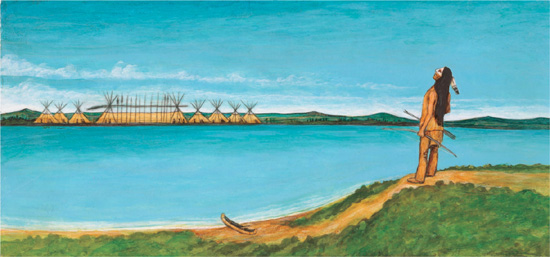
Kays replied, I can go hunting anytime I want. I can find The Beings of Our Land anytime I want, for I am a great hunter!
So the next morning, Kays awoke early and set off on a hunt.
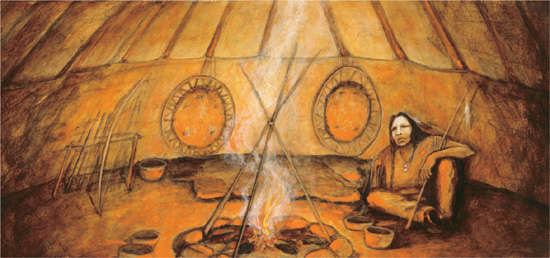
Sadly, Kays came back that evening with no food.
Kays had lost his way, -k-wanisihk, and he didnt know where to find The Beings anymore.


